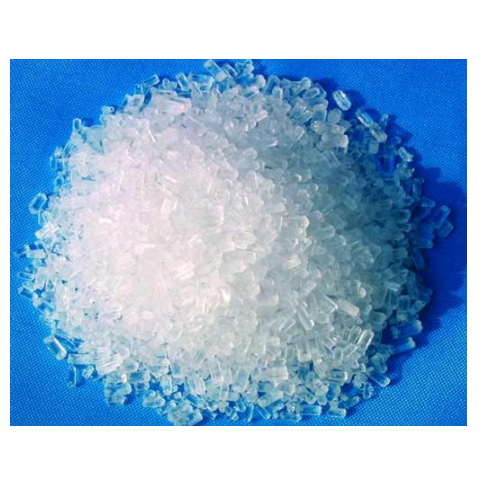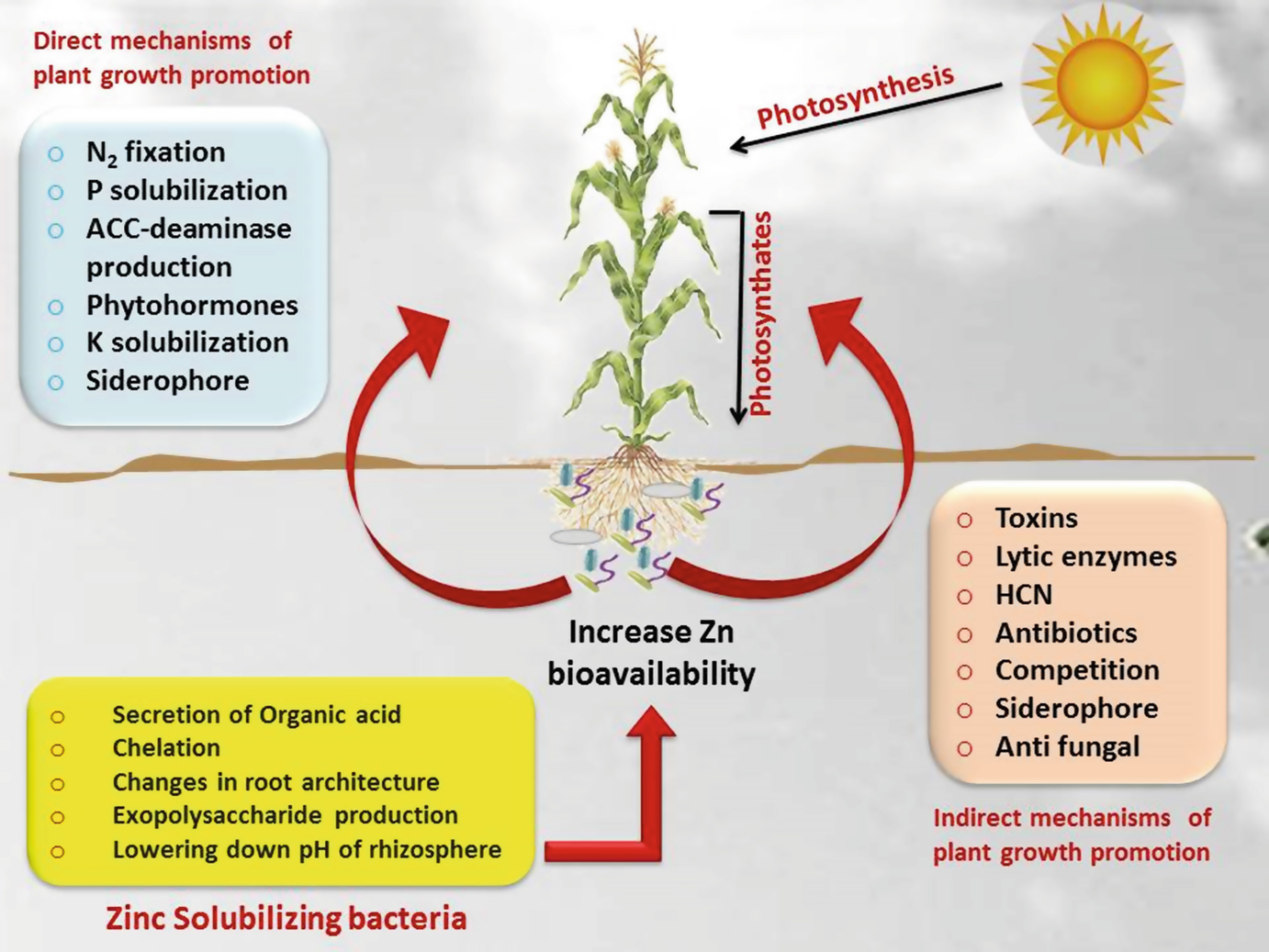Role of zinc in Plants:- Zinc, one of the eight essential micronutrients and an important constituent of several enzymes and proteins, is only needed by plants in small quantities. However, it is crucial to plant development, as it plays a significant part in a wide range of processes. The Zn deficiency is becoming more critical more than 40 per cent yield losses can have major economical impact on the farmer due to reduce income.
Function of Zinc: Zinc activates enzymes that are responsible for the synthesis of certain proteins. It is used in the formation of chlorophyll and some carbohydrates, conversion of starches to sugars and its presence in plant tissue helps the plant to withstand cold temperatures. Zinc is essential in the formation of auxins, which help with growth regulation and stem elongation.
Like and share with other farmers by clicking on button below.
Share




